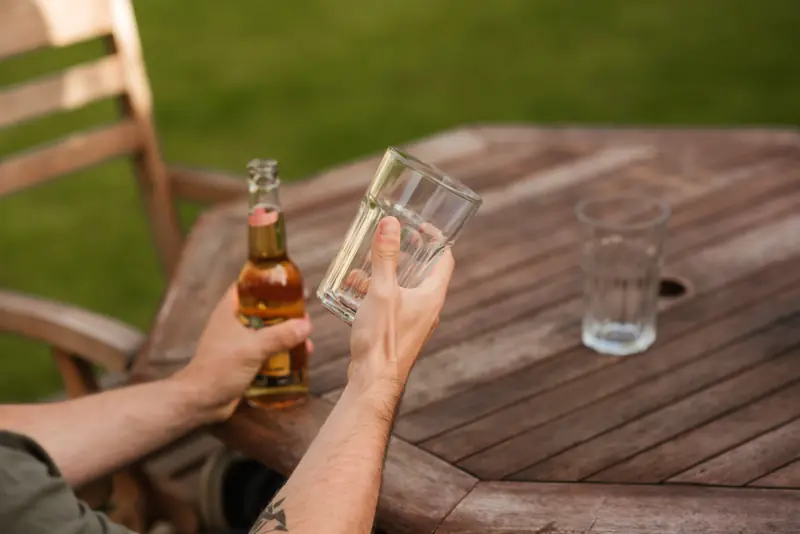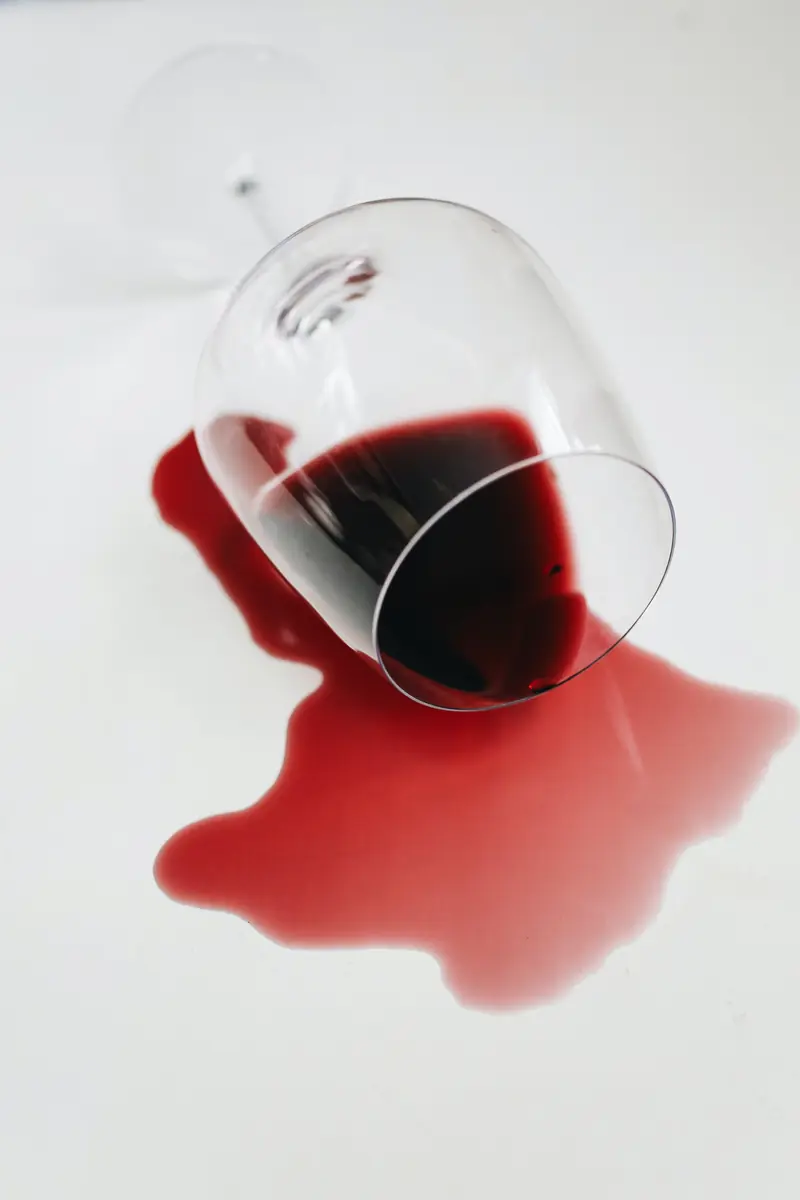
British and Australian experts assure us that the benefits of “Dry January” extend beyond what meets the eye. This term refers to the conscious decision made by tens of thousands of people to forgo their daily glasses of wine and pints of beer.
Doctors and sobriety coaches understand that a sudden and complete abstinence from alcohol can initially feel daunting. Therefore, they recommend cutting back on drinking for at least one month and gradually working towards zero consumption. Along the way, it’s important to recognize the advantages of “Dry January.”
Why Do You Drink?
Kristi Osborn, a sobriety coach from London, advises individuals to reflect on their reasons for consuming alcohol. Why do you drink? Is alcohol fulfilling the role you expect it to? Are you drinking for fun or to cope with challenges?
“If you drink to relax but find yourself feeling terrible anxiety the next day due to elevated adrenaline and cortisol levels, is alcohol really doing what you expect it to do?” Ms. Osborn asks. She believes that once a person realizes alcohol isn’t beneficial, they will drink less and do so more mindfully.
According to her, excessive alcohol consumption has become almost normalized in society. Therefore, socializing with friends during “Dry January” can be challenging, especially when it comes to explaining to others at the table why you choose not to drink.
To overcome this social barrier, Ms. Osborn suggests visualizing the upcoming evening in advance: from what you plan to order to how you will respond to probing questions about your alcohol consumption.
In such situations, she believes honesty is the best policy. “Prepare a response for those who may doubt your decision,” she advises. For example: “I’m trying to take a break from drinking for a few days, and I’ve noticed I sleep much better” or “I just need a pause.”

You Control Alcohol, Not the Other Way Around
According to Georgia Foster, a therapist from Melbourne, those looking to cut back on alcohol should ensure they are well-hydrated before picking up a glass of wine or a pint of beer. People often unconsciously reach for alcohol to quench their thirst, which actually dehydrates their bodies, as reported by the Daily Mail.
Ms. Foster also advises against “automatic drinking”—the mindless consumption of beverages. For instance, one should be cautious about drinking alcohol while distracted by other activities, such as cooking or watching TV.
Moreover, when enjoying your favorite drink, it’s essential to truly savor it rather than just gulping it down.
Ms. Foster added that many people “emotionally drink out of habit, and alcohol controls them.” When they reduce their intake, they realize they can break free from its hold.
The power of alcoholic beverages over individuals can be partly explained by their mood-enhancing effects, as they stimulate the body to produce extra dopamine—the happiness hormone. Thus, we inadvertently become hooked on the elevated dopamine levels rather than the alcohol itself.
To participate in “Dry January” without sacrificing your good mood, consider switching to alcohol-free activities that boost your spirits. For example, listen to music, watch funny videos, or enjoy comedies.

Motivational Journal
British doctor Richard Piper, who helps individuals overcome alcohol dependence, recommends keeping a special journal that can serve as a great motivator for limiting alcohol consumption. You can record how much money you’ve saved by not purchasing alcoholic drinks or how many calories you’ve avoided.
The time saved during “Dry January” can be spent on a variety of enjoyable activities.
What If Quitting Alcohol Is Difficult?
However, specialists warn that abruptly quitting alcohol can be very dangerous for individuals with clinical alcohol dependence. In such cases, sudden withdrawal can even lead to fatal consequences.
Experts advise seeking help from medical facilities that specialize in treating alcohol dependence.

